Nelson Mandela’s passing last week made me want to share some thoughts about him. I visited South Africa twice over the last five years. I fell in love with that country, especially with Cape Town, which looks very similar to Santa Barbara – ocean, vineyards, and mountains. I wrote about it after my first visit in 2009. One of the highlights of the trip was a tremendous appreciation for Nelson Mandela as a person and as a leader. Here is an excerpt from that article on South Africa and Nelson Mandela:
Until the early 1990s, South Africa was governed under apartheid. Instituted in 1948, apartheid was a version of modern-day slavery. Though individual black people were not per se owned by white folks, white people as a class dominated non-whites. People’s treatment and their rights were based solely on race. They were divided into four categories. Whites, about less than 10% of the country, had all the rights and ran and owned the country. Blacks and colored, over 80% of the population, involuntarily segregated to live in ghettos, also called townships, had no right to vote, were kept for the most part uneducated or were provided only vocational education, and were treated as subhumans. Blacks were not free to roam around the country; they needed a special travel document that allowed them to travel between ghettos and their places of work. Colored (mainly Indians) accounted for the remaining 10% of the population.
Even more disturbing was that people’s rights varied based on skin color – the more white blood you had in you the more rights you had. Black people had no rights at all, while coloreds and Indians had slightly more rights. The definition of “colored” in South Africa is someone of mixed race, between white and black. There was even a special commission in South Africa that determined a person’s official color (race). Every year, thousands of people would change their color in their official documents through that commission. None went from black to white or white to black: most of the changes were (“upgrades”) from black to colored or colored to white.
In the early 1990s the country was ready to explode; modern-day slaves were fed up with apartheid. They started demonstrations which spilled into violent confrontations with the government. They demanded equal rights and the release of their leader, Nelson Mandela, who had been in prison since the 1960s. The government resisted at first and blood was spilled, but out of fear of a nationwide uprising Nelson Mandela was released. Negotiations between him and F. W. de Klerk, South Africa’s newly elected president, began as a result. Apartheid was dismantled, equal rights for all races were established, and black people voted for the first time in the 1994 elections. Nelson Mandela was elected president.
Then amazing transformations began in South Africa.
Nelson Mandela’s actions after he became president are fascinating to me. This is a person wrongly imprisoned for 27 years by white people, who now had effective control of the country, as his party controlled over 65% of the votes. He did not seek revenge. He did the unthinkable – he united the country. It would have been easy for him to go after his oppressors and try to socialize wealth. After all, a small minority of the population controlled all the wealth of the country. What is easier than taking wealth from the rich oppressors who had gotten rich on the backs of slaves, and distributing this wealth to the poor? Though it would have been the easier decision, it would have been the worst decision for the country and for all races. This type of thinking sent Zimbabwe (South Africa’s northern neighbor) back to the proverbial Stone Age. White people would have fled the country, and the new owners of businesses and land would not have known what to do with it, lacking the skills and experience to manage it.
Right after my trip I read Nelson Mandela’s unabridged autobiography, Long Walk to Freedom (there is an abridged version, too, if you like). Nelson Mandela belongs to a whole different category of world leaders. Pick a leader you respect – Churchill, JFK, Reagan. He is a mile above them. What he did in South Africa required incredible self-sacrifice, much higher than ever asked from any other leader. He had an enormous capacity to forgive and put the interests of the country and all its people (especially the ones that had been oppressed for so long) ahead of his own; and that is truly amazing.
Here are few excerpts from his book that I highlighted on my Kindle when I read it:
“I learned that courage was not the absence of fear, but the triumph over it. I felt fear myself more times than I can remember, but I hid it behind a mask of boldness. The brave man is not he who does not feel afraid, but he who conquers that fear.”
“I learned that to humiliate another person is to make him suffer an unnecessarily cruel fate. Even as a boy, I defeated my opponents without dishonoring them.”
“In every meeting with an adversary, one must make sure one has conveyed precisely the impression one intends to.”
“Some in the ANC [African National Congress] were disappointed that we did not cross the two-thirds threshold, but I was not one of them. In fact I was relieved; had we won two-thirds of the vote and been able to write a constitution unfettered by input from others, people would argue that we had created an ANC constitution, not a South African constitution. I wanted a true government of national unity.”
This last quote highlights the spirit of Nelson Mandela and makes you feel a little bit sad about the atavistic behavior of our current crop of politicians in the US. Today, in the US, if a party gained control of both houses, its members would be dancing in the aisles – after all, they would have a blank check to do anything they wanted, and the opinions of the minority would not matter one fig).
Also, Nelson Mandela did not let power corrupt him: he stepped down after one term as president. That’s something very few our career politicians have ever done. (I don’t remember a single example of it.) A leader like Mandela is a black swan –very rare and unexpected. I keep thinking what if Russia had been blessed by its own Nelson Mandelas rather than by Stalin in the 1920s and Putin in the 2000s, life there would have been so different. The world needs more Nelson Mandelas.
P.S. After I wrote the original article about my South African trip, I received a lot of angry emails, mainly from South African whites. They shared their stories about how the crime rate has skyrocketed since the end of apartheid and how affirmative action is hurting the country. I can sympathize with their point of view, especially the horror stories of escalating crime. And I have only this comment: – if not for Nelson Mandela it could have been a lot worse. The transition from slavery to democracy is painful – especially for the protected minority that has benefited for decades or centuries from that slavery. Uneducated people have few skills to offer (and remember that under apartheid blacks were prevented from getting education), and hunger and poverty usually leads to the flourishing of crime.
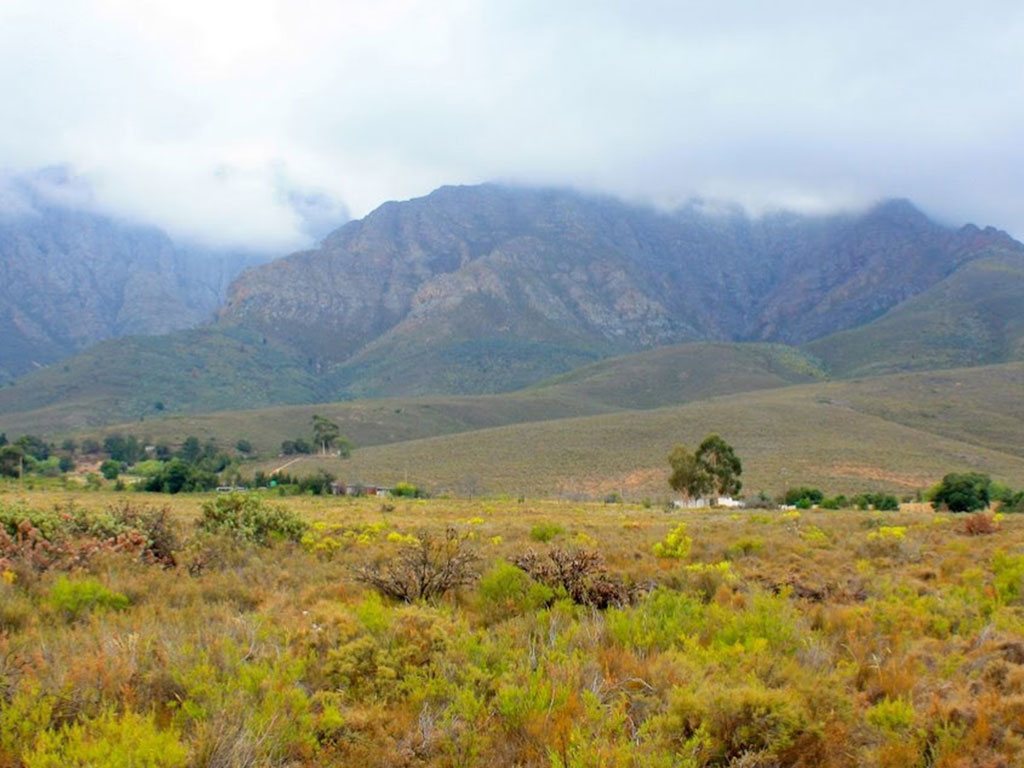
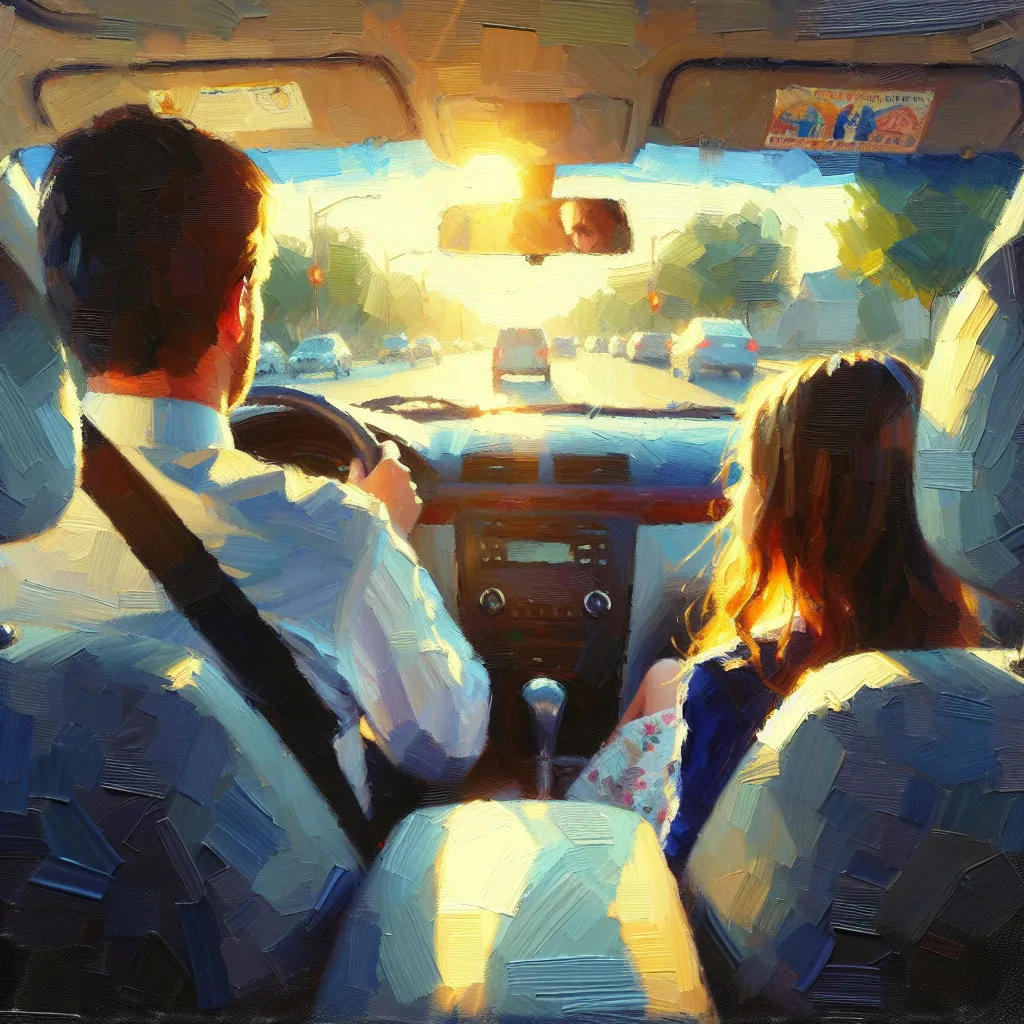
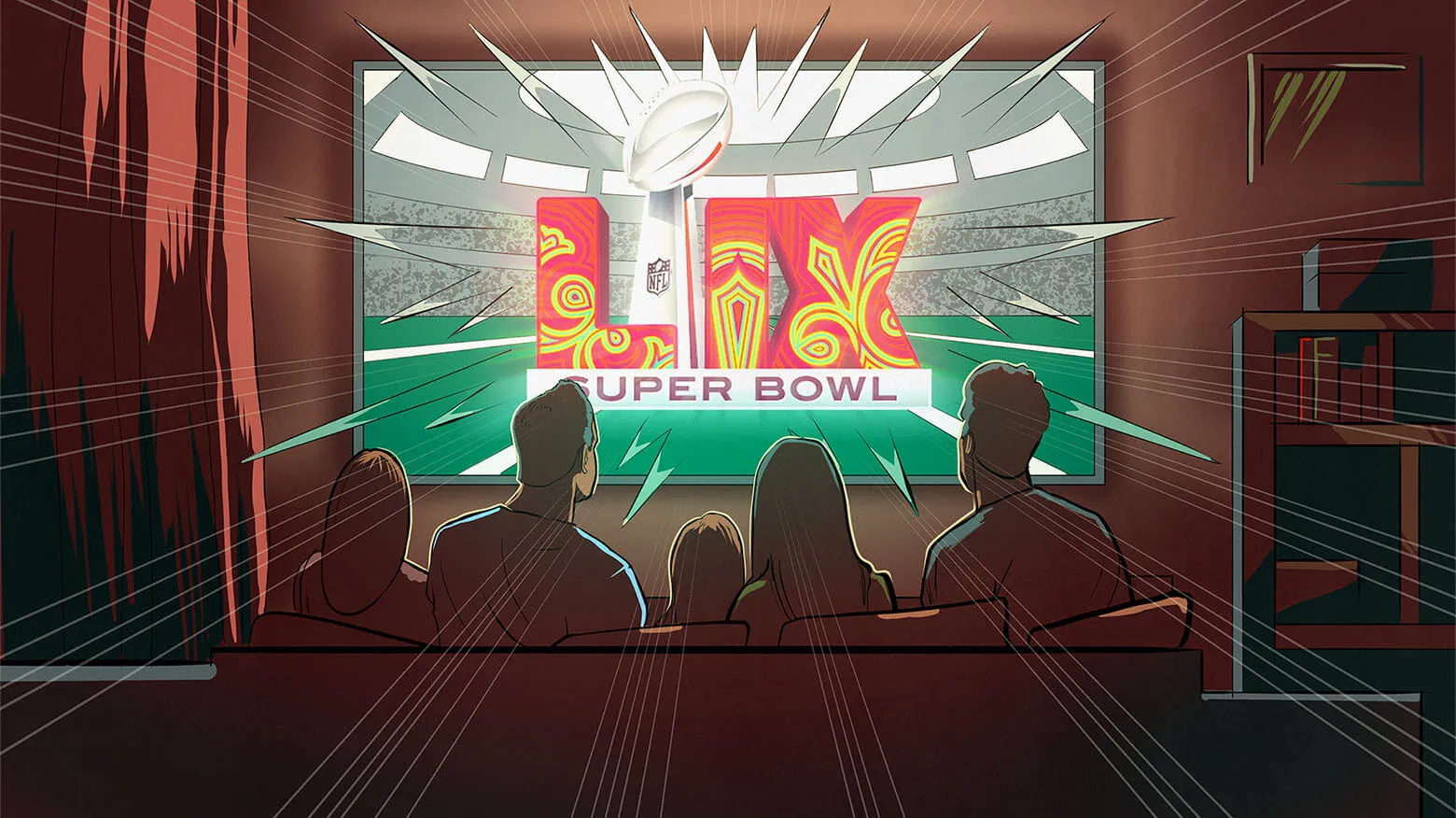
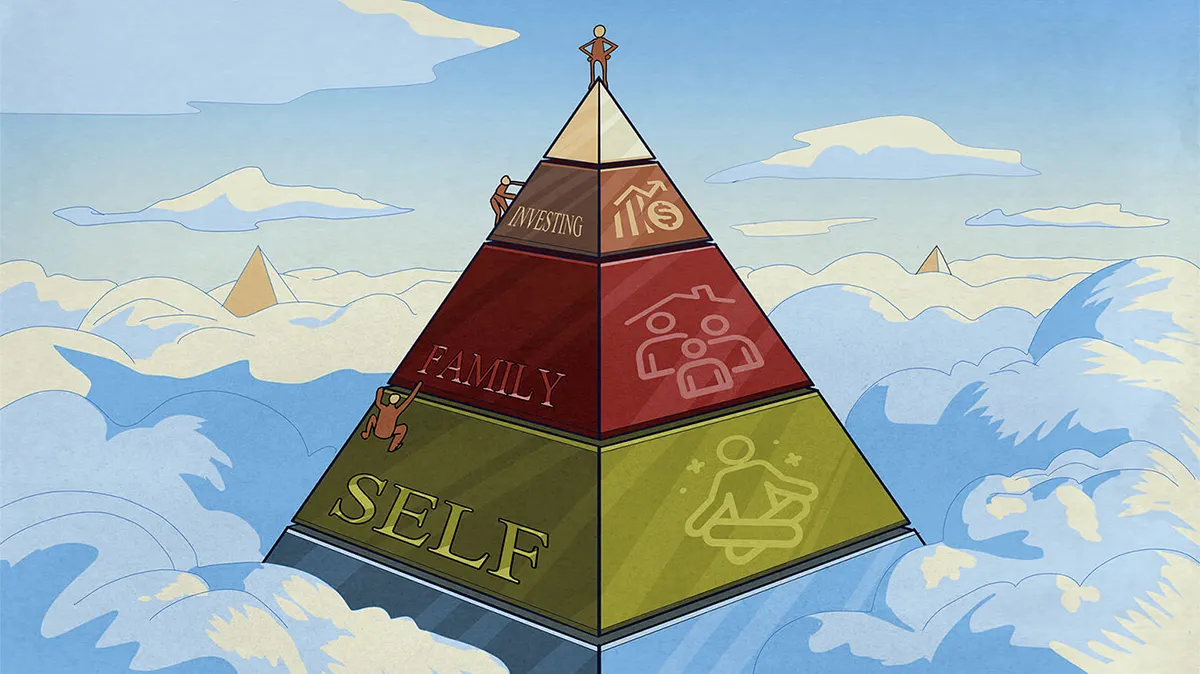
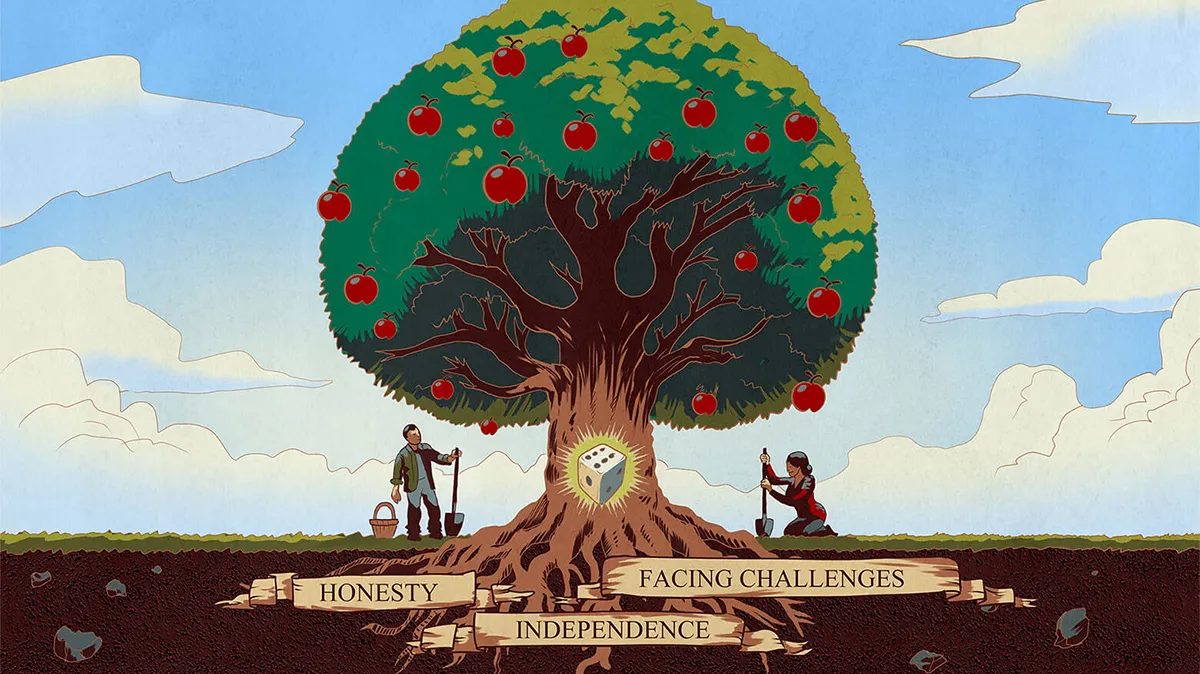




0 comments